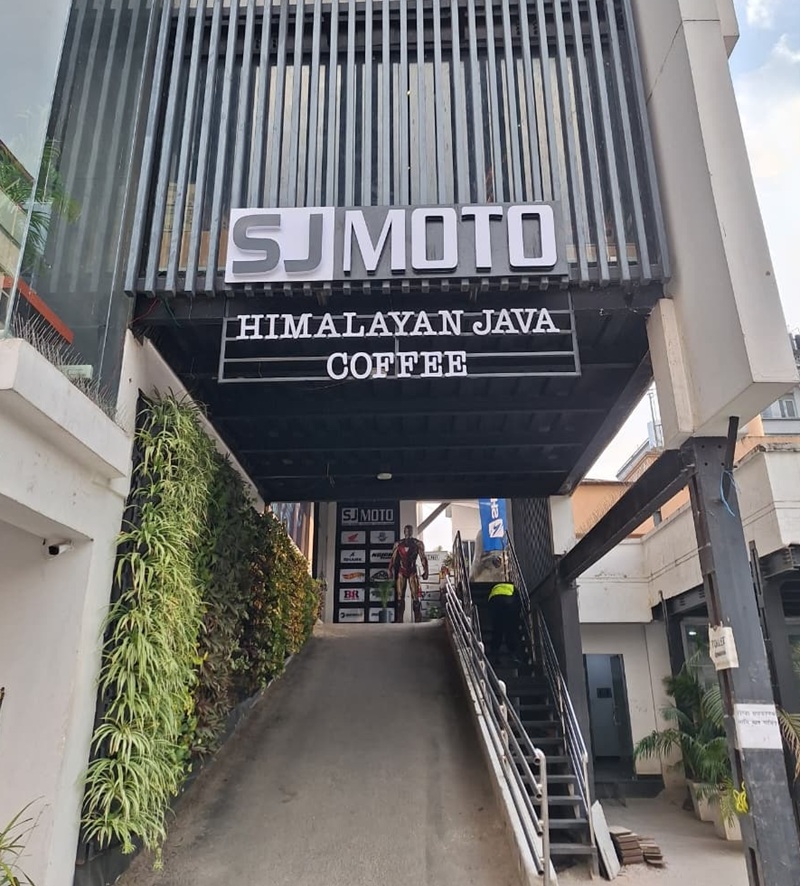Waymo Expands Robotaxi Fleet to Denver and Seattle, Pushing Autonomous Tech into New Climates
Waymo Autonomous Vehicle Expansion
3rd September 2025, Kathmandu
Waymo, a global leader in autonomous driving technology, has announced a major strategic expansion, bringing its fleet of vehicles to the cities of Denver and Seattle.
Waymo Autonomous Vehicle Expansion
This week, both the company’s Jaguar I-Pace SUVs and the new, purpose-built Zeekr vans will begin manual driving operations in these two new markets.
The move represents a significant step in Waymo’s methodical expansion across the United States and a crucial test for its self-driving technology in a variety of new and challenging environments.
While Waymo has already established a strong presence in cities known for their sunny climates, such as Phoenix, San Francisco, and Los Angeles, the addition of Denver and Seattle marks a deliberate push into more extreme weather conditions.
These two cities, with their notable snowfall, wind, and heavy rainfall, offer a unique and valuable testing ground for the Waymo Driver platform.
This data-gathering phase, initially conducted with human drivers at the wheel, is essential to validate the autonomous tech’s ability to handle low-visibility conditions and other weather-related variables that are not as common in Waymo’s current operational hubs.
The company’s expansion is a clear indicator of its growing confidence in its technology. Waymo’s ultimate goal is to launch commercial robotaxi services in these cities.
According to the company, it hopes to begin offering public robotaxi trips in Denver next year, with services in the Seattle metropolitan area to follow “as soon as we’re permitted to do so.” The timeline, particularly in Seattle, depends on local regulations and the successful completion of the testing and validation phase.
This latest announcement is part of a broader, accelerated expansion plan for Waymo. The company recently revealed that its commercial fleet now exceeds 2,000 robotaxis nationwide.
This includes an impressive 800 vehicles in the San Francisco Bay Area, 500 in Los Angeles, 400 in Phoenix, 100 in Austin, and dozens more in Atlanta.
The rapid growth of the fleet and the expansion into new markets demonstrates the company’s commitment to scaling its services and solidifying its position as a front-runner in the autonomous vehicle industry.
Looking ahead, the company has already laid out ambitious plans for further growth. Waymo has announced that it will launch commercial robotaxi services in Dallas, Miami, and Washington, D.C., next year.
It also recently secured a permit to begin testing in New York City, one of the most complex and densely populated urban environments in the world.
The deployment of the Zeekr vans is particularly notable. These vehicles were designed from the ground up specifically for Waymo’s autonomous ride-hailing service, in partnership with Chinese automaker Geely’s premium electric brand, Zeekr.
Unlike retrofitted consumer vehicles, the Zeekr vans are optimized for the Waymo Driver technology, with custom sensor integration and a design focused on passenger comfort and safety.
Their deployment in Denver and Seattle underscores Waymo’s strategic shift toward a purpose-built fleet capable of navigating a wide range of operational challenges.
This expansion is also a testament to the extensive testing and data collection Waymo has conducted over the years. The company has brought its vehicles on “road trips” to various cities, including Philadelphia, and has plans for similar ventures in Las Vegas, San Diego, Houston, Orlando, and San Antonio.
This continuous testing in diverse locations allows the Waymo Driver to learn and adapt to different road conditions, traffic behaviors, and environmental factors, creating a more robust and reliable autonomous system.
For the residents of Denver and Seattle, the arrival of Waymo’s vehicles signals a new chapter in urban mobility. While it may be some time before driverless taxis are a common sight on their streets, the initial testing phase is a critical step toward a future where autonomous technology could offer a safer, more efficient, and more sustainable transportation option.
By taking on the challenging climates of these new cities, Waymo is not just expanding its business—it is proving its technology’s readiness for a nationwide rollout, one city at a time.
For more: Waymo Autonomous Vehicle Expansion







